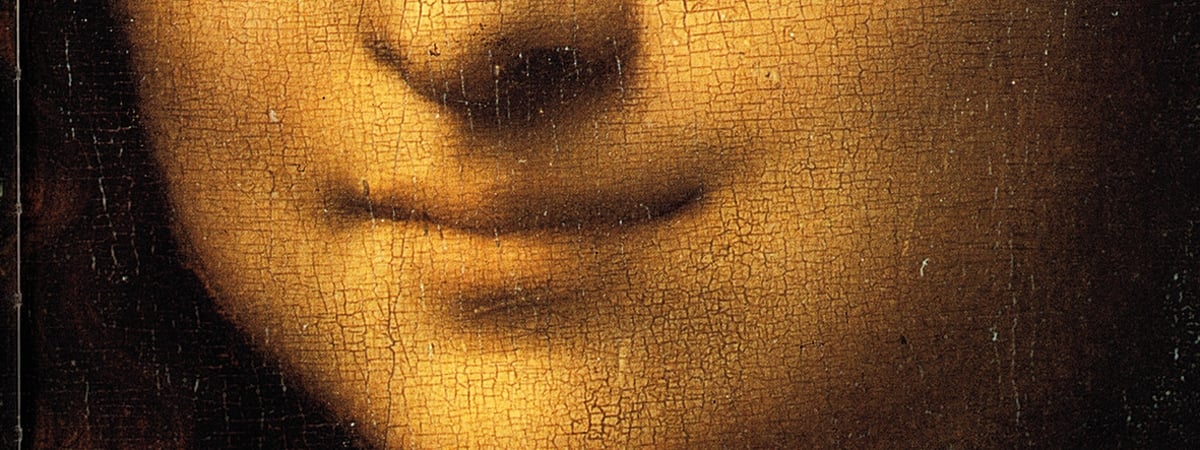I suspect I am not alone in feeling confronted by Sebastian Smee’s essay. If I’m honest, I bought it hoping it might give me a bit of a spook. For a while now, I have felt uneasy about the growing effect social media has on my work and life. I am twenty-seven and although I finished high school one or two years before smartphones became commonplace, I am still a “digital native,” part of a generation for whom the internet is not a place you go, but an inextricable thread through the fabric of life itself.
Since my own book (a memoir about sexism in the Australian justice system) was published in June 2018, my Instagram account has become the key portal through which I communicate with my audience. Hundreds of direct messages have been sent to me from (mostly) women who have survived, or supported a survivor of, sexual violence. The platform is important to me and I am grateful to be able to hear from readers, but my Instagram account ballooning in reach has changed the way I go about my life. In a good way, I find myself looking for beauty, as I did when I was first learning about photography many years ago. In a bad way, if I am not careful, it changes how I visit art galleries and how I feel about my body. It makes me think I need to be one “type” of writer for my bio, or one “type” of woman for a consistent aesthetic throughout my feed, or even to live a certain “type” of always-on-the-go life that is constantly “engaging.”
As Smee wrote, “the software knows how to make us want it.” Without conscious monitoring, my use of social media expands and my priorities gradually shift, like icebergs, towards what is “shareable.” I wonder if I can write hard-hitting legal analysis alongside fashion week coverage, or if people who follow me won’t appreciate the “randomness” of my work. I buy more clothing. I walk a different way to the bus. I think about the cover of a potential book before thinking about what I actually want to write. Without deliberate rejection of this current, I do indeed feel myself “flattened, constricted and quantified.” I don’t like it.
But what kind of writer would I be without the internet? I think probably a broke and lonely one. And who am I to bite the feed that feeds me?
I do not make any assumptions about what Smee has or has not experienced in his life, but in his mentions of #MeToo I feel he understates the power of the internet to allow previously disempowered, disconnected people to find each other and share their stories. Articulately, he acknowledges that “attending to our true selves may reveal things we don’t want or can’t bear to see,” and this is especially true for survivors of trauma. There is no “before” and “after” in making peace with complex internal elements of trauma or identity. It is a gradual fumbling towards the light, often made easier by connections that might be impossible to forge in real life. Online spaces can be liminal worlds for those simultaneously reaching outwards and inwards for understanding. Smee writes about the internet leading us to “betray” the inner self by our own “eagerness to make ourselves smaller” and “somehow less real,” but for many people the internet allows them, finally, to define themselves. Online spaces can lend courage and understanding to people who then carry that deeper self-respect out into the street.
None of this has touched upon the legal issues surrounding software surveillance and information gathering and misuse, which could easily be the subject of a separate Quarterly Essay. Jaron Lanier’s new book, Ten Reasons to Delete Your Social Media Accounts Right Now, cites plenty of alarming evidence of the genuinely evil goals of the companies that run these platforms (and he would know, because he was on the ground working in Silicon Valley at the dawn of what we now consider the internet). Interestingly, I found Smee’s words more perturbing than Lanier’s. I have always known that I am selling my data to Facebook, but it is only recently that I have begun to wonder if I am also selling it my heart and soul.
Finally, I want to return to a word and idea Smee chose that I am particularly interested in: the “betrayal” of the primary, inward experience. This sits at the core of my feeling of being confronted by the essay: the idea that the preciousness of the inner life can be spoiled by the big bad world if we do not fight to protect it from tainting. I feel this, but I have also written and published a terrifyingly honest memoir; in doing so, I flung my darkest personal truths into the starkly lit public square that is the internet. What is the difference? Is a part of our disdain for social media just a hangover from British/colonial sensibilities: the sense that “private things” should remain private? No, not totally. My book was born of commitment to myself. My Instagram remains a perpetual commitment to audience. So writing is my art and social media my commerce, and I am one of a million who feel panicked when their art is compromised by commerce.
Art has always struggled through eras of technological advancement, and it is up to us as artists to accept the challenge. Not to ignore the new stuff, but to grow through and rise above it somehow. If we consider the internet the enemy, then we have already lost.
Bri Lee is the author of Eggshell Skull. Her writing has been published in The Saturday Paper, Crikey and The Guardian.
CONTINUE READING
This correspondence discusses Quarterly Essay 72, Net Loss. To read the full essay, subscribe or buy the book.
This correspondence featured in Quarterly Essay 73, Australia Fair.
ALSO FROM QUARTERLY ESSAY











